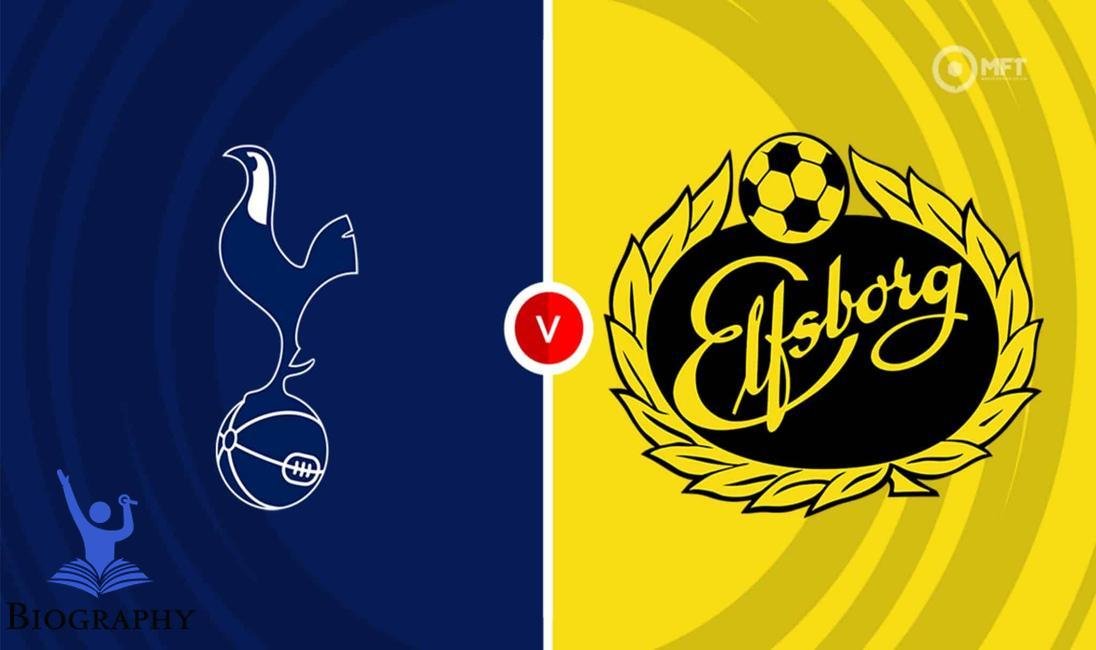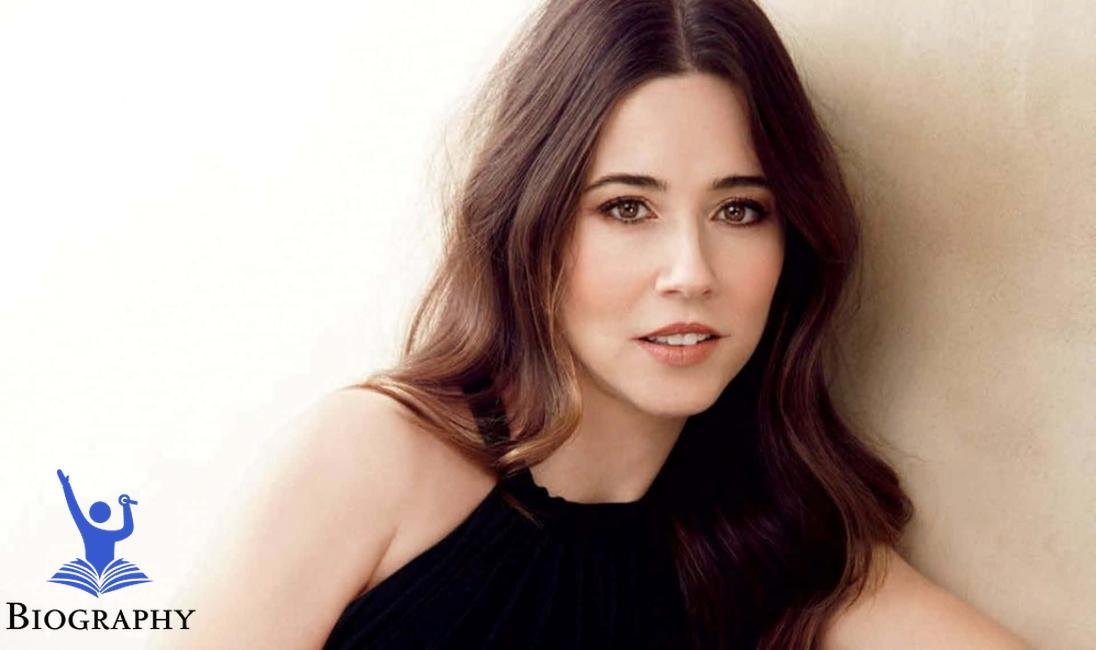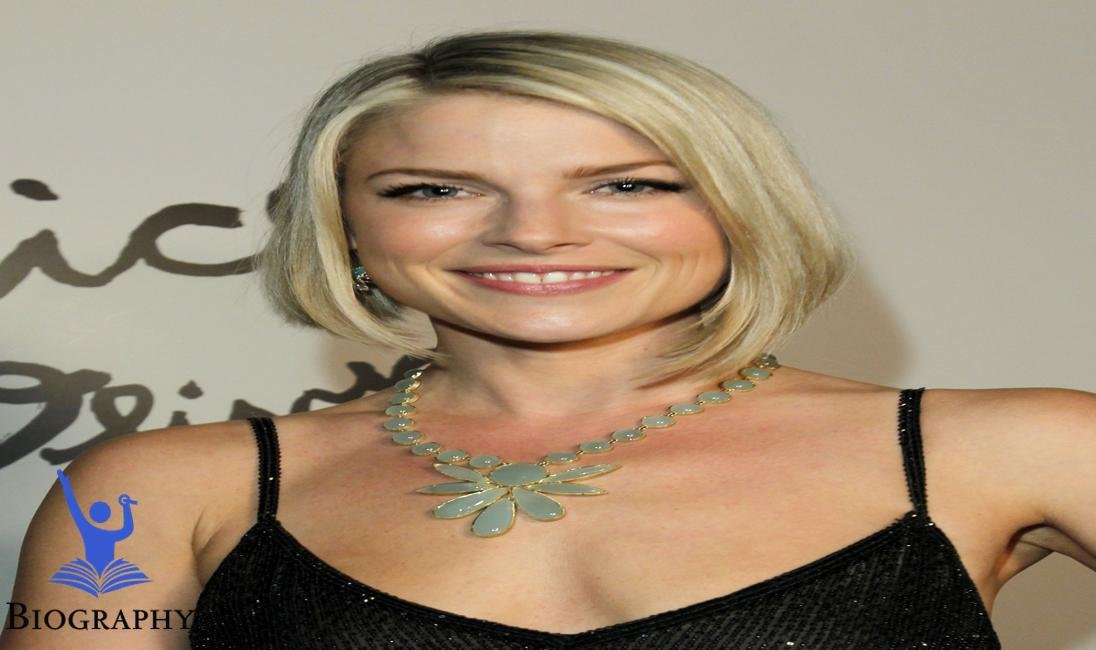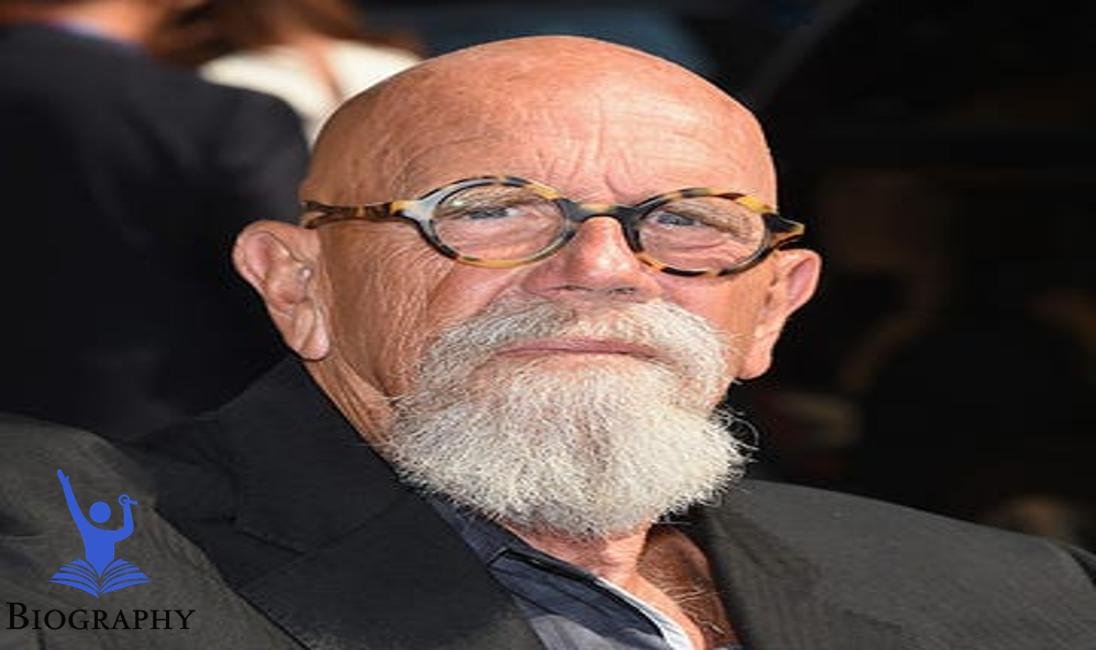Now Reading: Franz Joseph Haydn | Biography, Compositions,family,Facts & wiki
-
01
Franz Joseph Haydn | Biography, Compositions,family,Facts & wiki

Franz Joseph Haydn | Biography, Compositions,family,Facts & wiki
Biography of Franz Joseph Haydn
Quick Facts Table
| Attribute | Details |
|---|---|
| Age | 77 years at the time of death |
| Weight | Not specifically recorded |
| Height | Not specifically recorded |
| Original Name | Franz Joseph Haydn |
| Eye Color | Brown (assumed) |
| Children’s Names | Anna Maria, Michael, and others |
| Birthdate | March 31, 1732 |
| Spouse | Maria Anna Keller |
| Home | Vienna, Austria |
| Hometown | Rohrau, Austria |
| Origin | Austrian |
| Exes | None |
| Brand Ambassador Roles | Not applicable |
Early Life and Family
Franz Josef Hayden was born on March 31, 1732 in Rohrau, Austria. He came from a humble family; His father, Mathias Hayden, was a wheelwright, and his mother, Maria Koller, a cook. Hayden was the second of twelve boys, although not all of them endure the beginning. His family had little money, but they respected music. Young Hayden showed early musical talent, singing in a choir from a nearby church. His people recognized his gift and supported him, believing he could pursue music for the rest of his life.
At the age of six, Hayden was shipped from Hanburg to live with a family member. There he attended music school and developed his musical skills. At the age of eight, he began studying at the Basilica in Vienna, where he learned how to play the organ and console. The preparation he received laid the foundation for his future as a writer.
Early Career and Struggles
After teaching, Hayden faced major challenges early in his career. However, he worked as a freelance artist, fighting for a steady job. His work included acting and preaching, but he longed for a safe place. In 1755, Haydn secured a job as court painter for Count Karl Joseph Esterhzy. This position had a wonderful impact on his career, providing him with a steady paycheck and valuable opportunities to produce and work regularly.
By failing to do this, its early institutions received mixed reviews. Hayden was able to research and question himself, causing him to question his abilities. In any case, the atmosphere of the court allowed him to nurture his unique style, exploring different groups such as orchestra, string orchestra and drama
Rise to Stardom
Haydn’s breakthrough came at the end of 1760 when he laid a good foundation for himself as a composer. His approach, focusing primarily on quartets and string orchestras, caught the eye of fans. Haydn’s popularity grew as he began composing works for public performances, attracting large audiences.
In 1772 he organized the “Ensemble No. 31,” known as the “Hornsignal,” in which his powers of composition were displayed. Outside Esterhzy’s palace, his works began to be exhibited, earning him acclaim throughout Europe. In every worthwhile play, Hayden’s establishment as a writer inspires an established and growing career.
Success
Haydn’s results in classical music were distinguished by a few major achievements. He composed more than 100 orchestras, 68 string quartets, and various genres including theater and lecture. His most popular songs include “The Creation” and “The Seasons,” which showcase his dominance in orchestral choruses.
The “London Ensembles” touring Britain in the 1790s are especially celebrated. These twelve orchestras demonstrate his imaginative use of themes and structure, perpetuating Haydn’s legacy as the “Father of the Orchestra.” Despite the absence of an orchestra, Haydn’s string quartet enriched the class, emphasizing dialogue between instruments.
Failure
Despite his great achievements, Hayden faced challenges throughout his career. The main problem came in his later years when he battled medical problems. The results of his compositions relaxed once more and he encountered a section of subsequent publications some of which neglected to meet the high standards of his earlier works the analysis of the
Moreover, the musical continuum represented a kind of experiment in which new writers and composers climbed to the top. A few felt that Hayden’s traditional methods were becoming obsolete. In any case, he adapted with the times, maintaining his quirky voice and cultivating a brilliant mood.
Personal Life and Controversies
Hayden married Maria Anna Keller in 1760. They had a caring relationship, however, the marriage was not without its challenges. When they had children, part of their offspring could not withstand the beginning. Their marriage was a resisted one, imperfect due to Haydens’ musical commitments and the demands of his career.
Unlike a portion of his classmates, Hayden avoided important conversation or anger. He was known for his thoughtfulness and loyalty to his loved ones. However, there were occasional problems with his associations with individual writers such as Wolfgang Amadeus Mozart, although these were kept hidden from collective consciousness and appreciation for most of the time
Legacy / Awards
The legacy of Franz Joseph Haydn is significant and extensive. Because of the significant work he did to improve these movements, he is often called the “Father of the Band” and the “Father of the String Quartet” His compositions groomed future composers such as Beethoven and Schubert, who established his musical development.
Haydn won awards during his lifetime, recalling his privileged social arrangements. Many countries appreciate his commitment to music through festivals, exhibitions and educational projects. Today, his music draws attention to schools and is played on show roads around the world, portraying himself as transcending the influence of traditional music history.








































